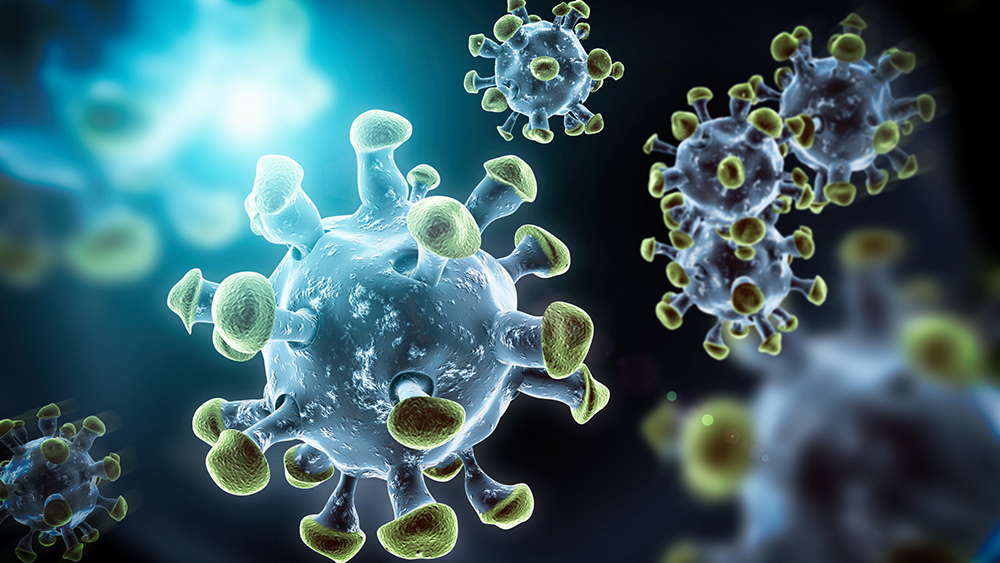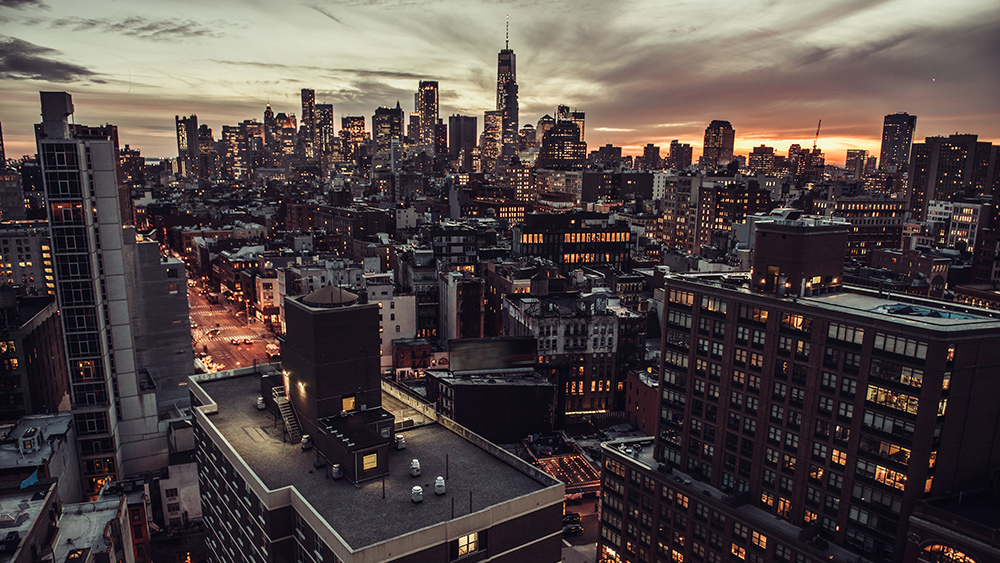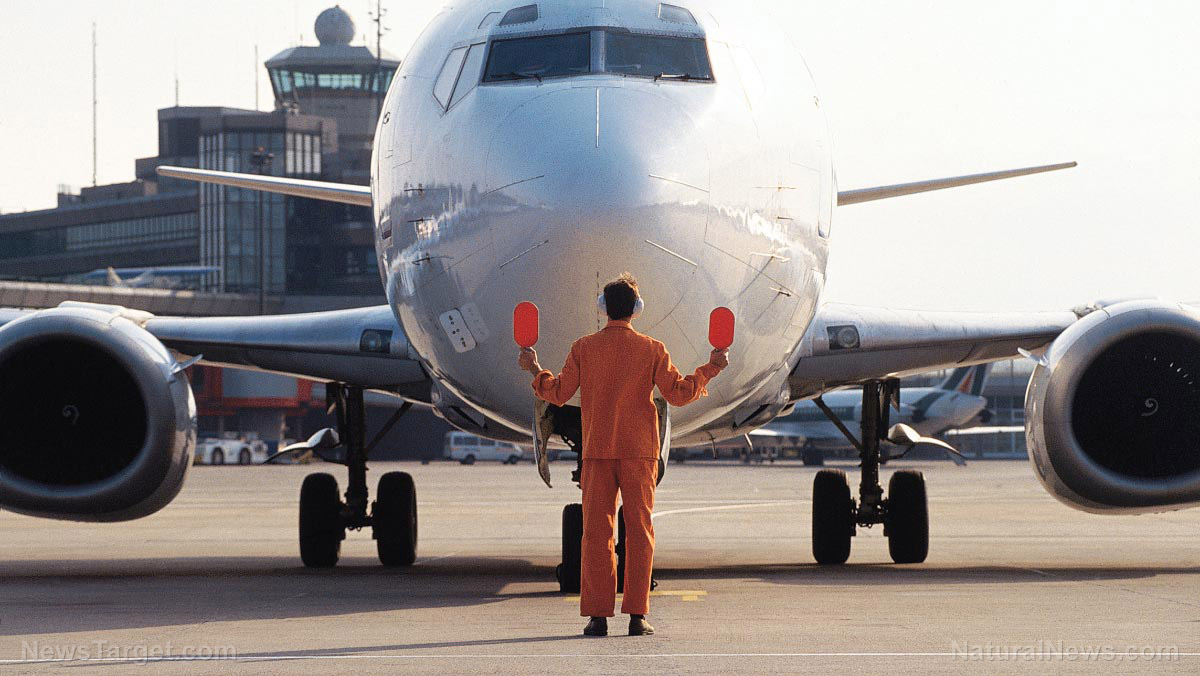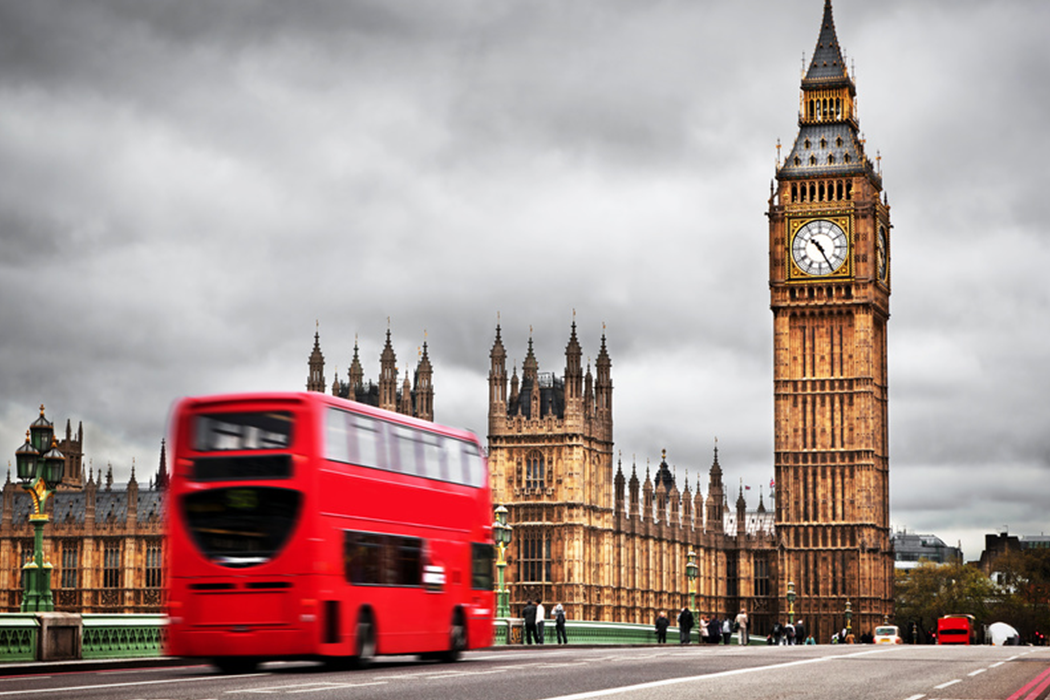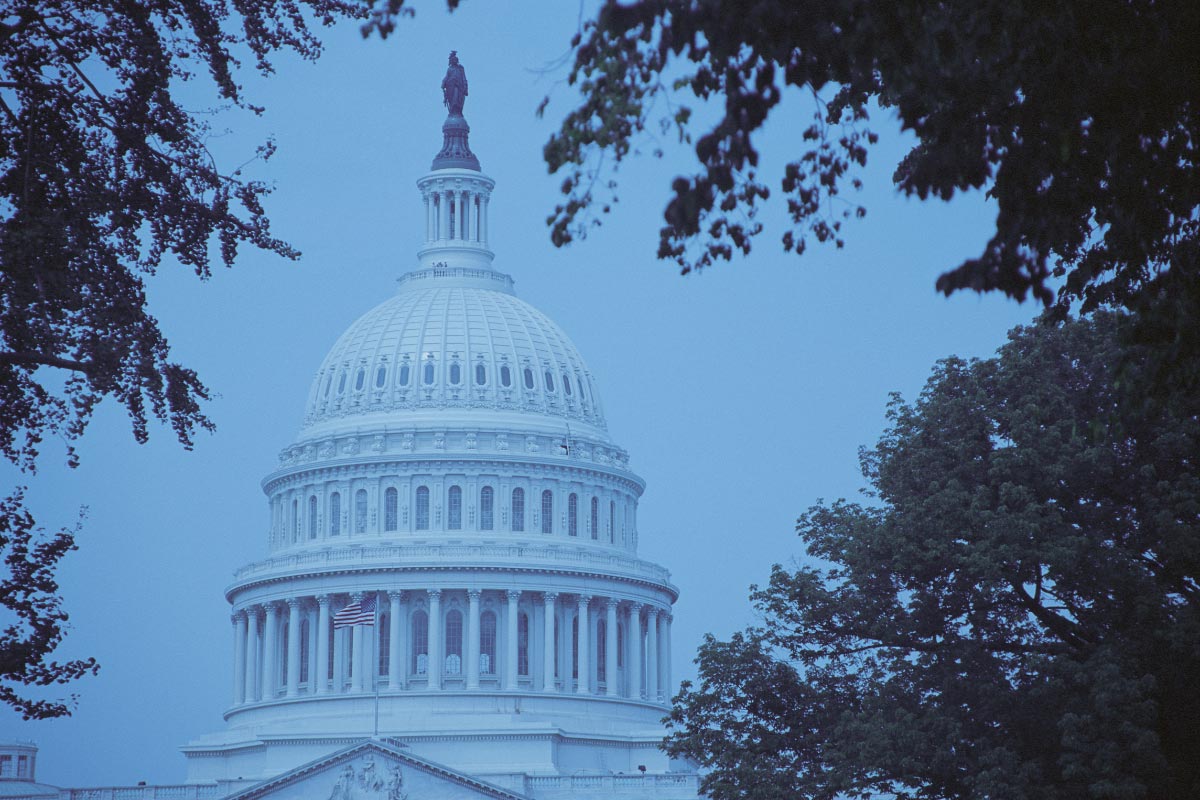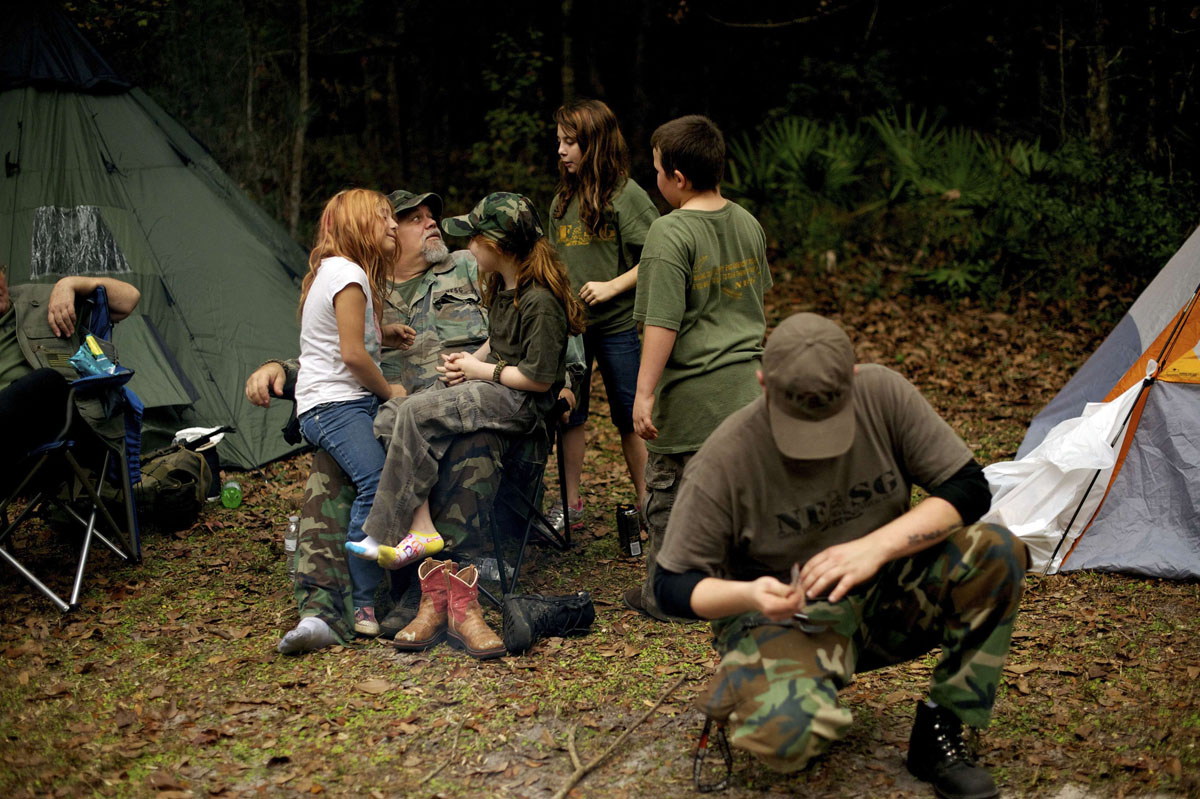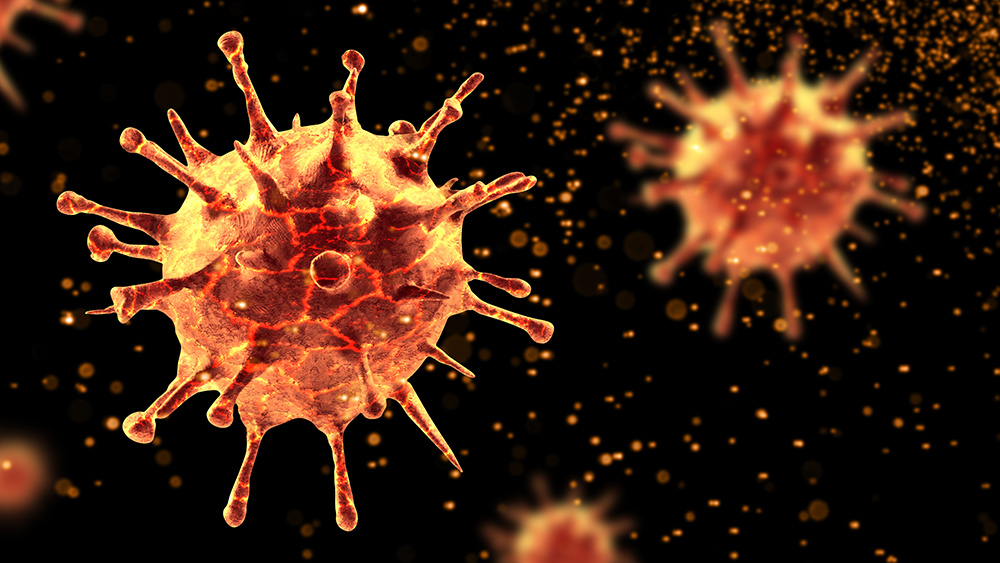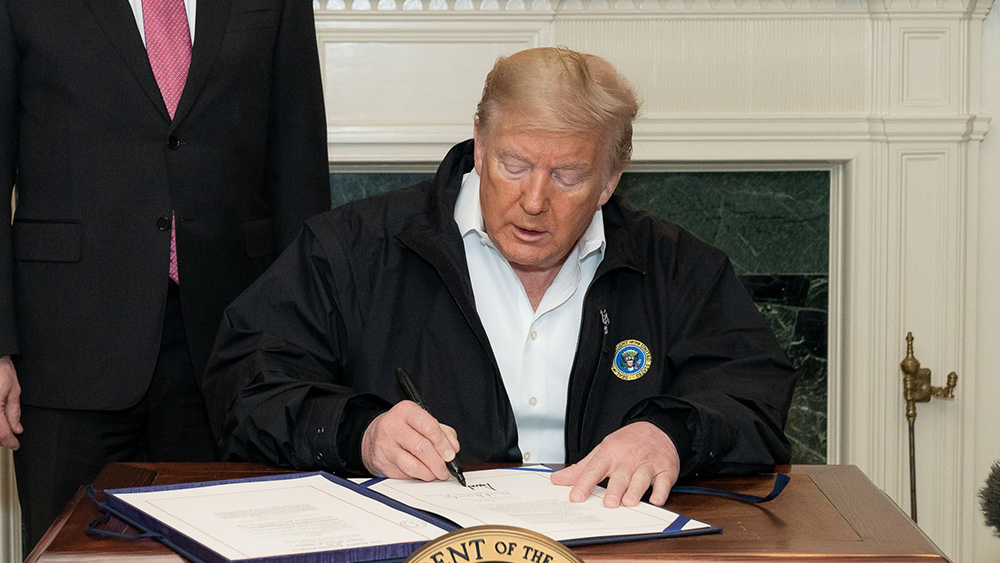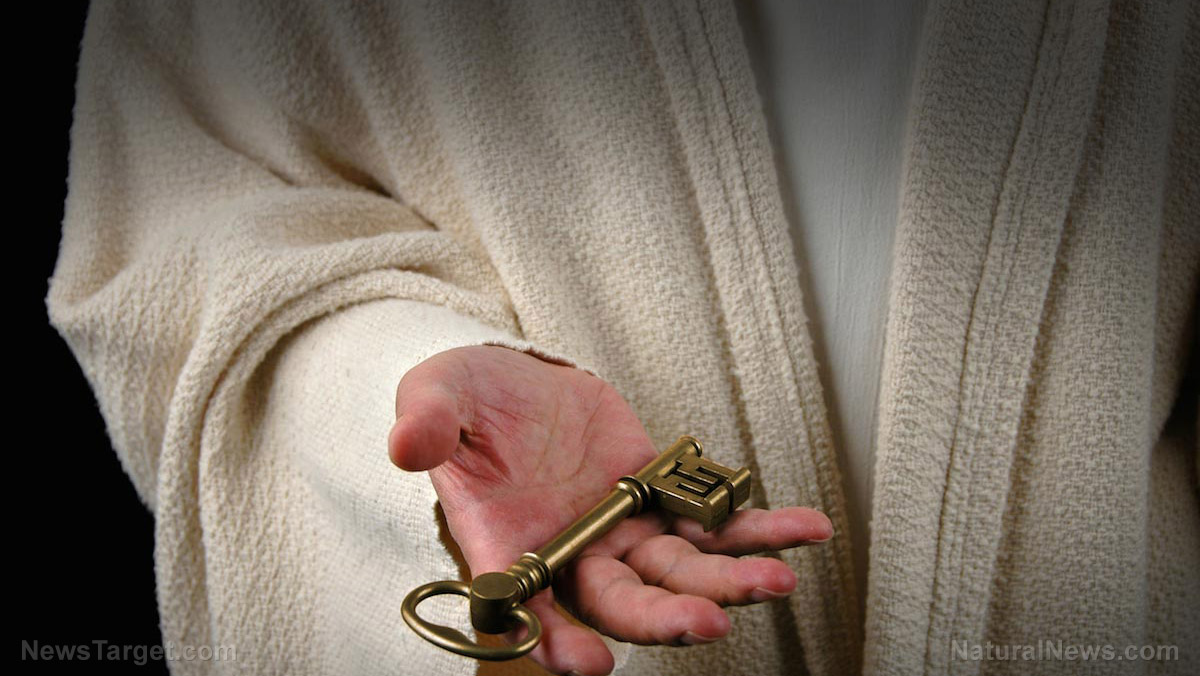Coronavirus deaths in Spain surge 30% in a single day
03/20/2020 / By Arsenio Toledo
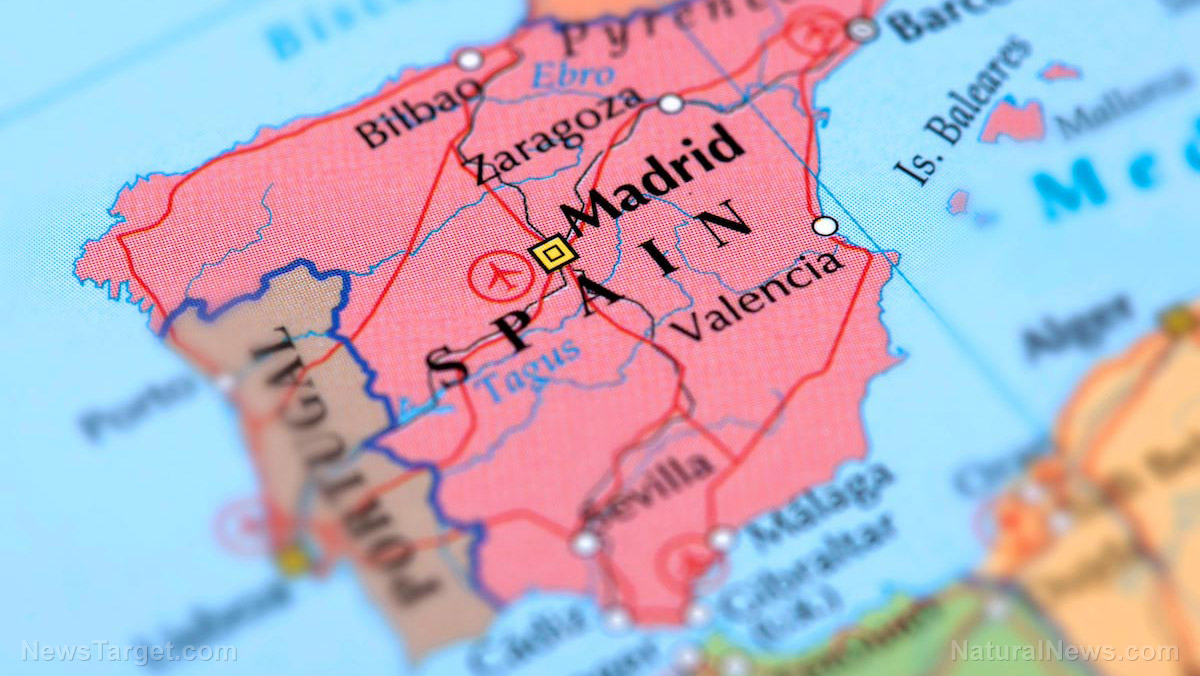
Spain has recorded 209 deaths from COVID-19 in 24 hours. Their death toll has risen up by 30 percent due to this record number of fatalities.
Spain is currently the second hardest hit country in Europe, next to Italy. As of writing, Spain has 18,077 confirmed cases, including 833 deaths and 1,107 recoveries.
On Friday, Spanish authorities declared a state of national emergency, banning all non-essential movement. Officials have reported at least 49 arrests due to violation of the lockdown.
“The tough moments are still to come, those moments when we will continue to see an increase in the number of cases,” said Salvador Illa, Spain’s Minister for Health.
The number of cases and deaths has increased so much in Spain that crematoriums around Madrid, the country’s capital, are operating with a 48-hour delay.
“These are the days where we have to continue making an effort,” said Fernando Simon, the head of the Health Ministry’s Coordination Center for Health Alerts.
Spain responds swiftly to the pandemic by locking down entire country
Spain has placed very tight restrictions on the freedom of movement of its 46 million citizens. During his statement announcing the country’s state of national emergency, Prime Minister Pedro Sanchez laid out in detail the measures his government would be rolling out to combat the coronavirus after he and his cabinet held a meeting that lasted for over seven hours.
According to the government’s new decrees, movement will only be allowed for people who need to buy food and medicine, people who need to get to work and people who need to go to the hospital, the bank, or to travel to take care of children or the elderly.
The central government has also placed all police forces, including the regional units that are under the command of the country’s different provinces, under the direct control of the Ministry of the Interior. The government has also stated that they were open to the option of deploying the armed forces if it was deemed necessary.
Effective immediately after that announcement, Spain also closed down all restaurants, bars, hotels, schools, universities and non-essential retail outlets. Many of the hardest hit regions of the country have already implemented local business closures.
“From now we enter into a new phase,” said Sanchez. “We won’t hesitate in doing what we need to beat the virus. We are putting health first.”
The streets of Spain’s cities became eerily quiet on Sunday morning as their residents woke up to shuttered restaurants, bars and non-essential commercial outlets. Some reports came in of panic buying in Madrid and Barcelona, Spain’s two largest cities, despite calls for calm from both local governments and grocery store owners.
Madrid was even forced to close down parks because people kept breaking lockdown. Citizens of Madrid continued to go on their morning jogs and other early morning outdoor activities. Authorities have gone so far as to use drones with loudspeakers to tell people to remain indoors. (Related: Iran records 147 coronavirus deaths in a single day, MILLIONS more at risk if quarantine measures are not followed.)
These lockdown measures will last for 15 days, but Jose Luis Abalos, Minister for Transport, Mobility and Urban Agenda, said that it was “obvious” that the lockdown will be extended beyond this initial period.
During Sanchez’s address, he acknowledged that the country could reach 10,000 confirmed coronavirus cases in the next few days. Less than a week later and the country is about to hit 20,000.
Police in Spain have been using drones to check the streets for anyone ignoring Spanish orders to stay home during the coronavirus outbreak
On Saturday, the country's 47 million citizens were ordered to stay indoors except for necessary tripshttps://t.co/Yqcy5K9OLC pic.twitter.com/jmLlQfQYXc
— BBC News (World) (@BBCWorld) March 15, 2020
Spain nationalizes hospitals and puts medical students to work
The state of national emergency gives the central government in Madrid emergency powers. One of them is the ability to legally put goods, industries and other private facilities, such as private hospitals, into public control – and on Monday, they took the opportunity to do just that.
In an announcement made on Monday, Sanchez’s government nationalized every single private hospital, clinic and other healthcare institution in the country. They will be placed under the control of both regional and central government health authorities until further notice.
The government said that private health providers and their respective facilities will be put to work combating the spread of the coronavirus in the country. In line with this, private entities that have the capacity to produce medical equipment have been instructed to contact government authorities within 48 hours so that their services can also be requisitioned.
Health workers under the command of regional governments have also been given the power to requisition as many public spaces as they believe are necessary. These public spaces, such as museums, parks and historical buildings and locations, can be converted into medical facilities to deal with overflow from hospitals that are straining to care for the nearly 20,000 COVID-19 patients in the country.
One notable requisition is the take over of Gran Hotel Colon, a 359-room four-star hotel in Madrid. This building was turned into a medical care facility that treats people who have mild symptoms of COVID-19. Spanish authorities plan to repurpose even more private institutions over the coming days to treat patients. Madrid’s regional government said in a statement that the requisitioning of the Gran Hotel Colon will help “alleviate the pressure” on overcrowded hospitals, and will allow them to free up beds needed for patients with more severe symptoms.
A total of 40 other hotels with over 9,000 beds in the Madrid region alone have offered local government authorities the use of their buildings to accommodate and treat coronavirus patients, which Madrid’s government promptly accepted.
Madrid’s local government said that the hotels will be used to quarantine and treat patients “whose symptoms require medical attention without the need to be hospitalized, both at the start of the disease as well as during the final phase.”
This is only the second time in the country’s modern history that emergency powers have been used. The first instance was in 2010 when the government declared a state of national emergency to force striking air traffic controllers to go back to work.
Spain received its first case of the coronavirus on January 31, when a German tourist in the Canary Islands was admitted to a university hospital and tested positive for COVID-19. The first case in the mainland came from a 36-year old Italian woman in Barcelona who had just arrived from Italy.
The number of coronavirus cases in the country has spiraled since then. The number of COVID-19 infections in the country may even be higher than the actual count, but authorities are unable to determine this due to a shortage of testing kits.
In Madrid alone, health authorities have been in contact with more than 20,000 people who believe they may have symptoms. The country is set to receive a new batch of testing kits, giving health workers the chance to test anybody showing symptoms.
“The worst is yet to come,” said Simon, “as our health system feels the impact of caring for such a huge number of infected people, as the days of isolation drag on, when we feel the economic impact of the pandemic.”
“I am asking you to make sacrifices but I’m also calling for unity,” Simon continued in a plea for cooperation. “It is what we have to do to save many lives.”
Sources include:
Tagged Under: coronavirus, covid-19, death rate, death toll, deaths, emergency power, fatalities, Flu, government, infections, Madrid, mortality, nationalization, outbreak, pandemic, private healthcare, Spain, superbugs, virus
RECENT NEWS & ARTICLES
COPYRIGHT © 2017 COLLAPSE.NEWS
All content posted on this site is protected under Free Speech. Collapse.news is not responsible for content written by contributing authors. The information on this site is provided for educational and entertainment purposes only. It is not intended as a substitute for professional advice of any kind. Collapse.news assumes no responsibility for the use or misuse of this material. All trademarks, registered trademarks and service marks mentioned on this site are the property of their respective owners.

